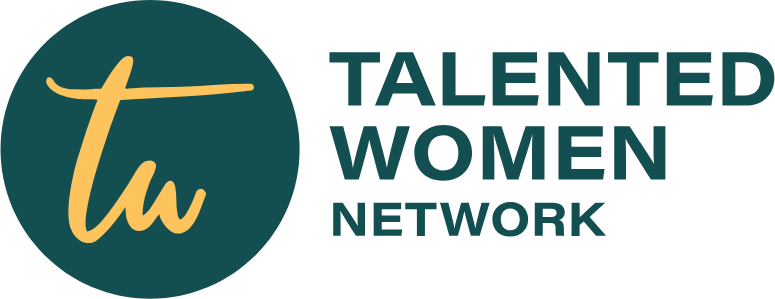Nigeria’s entrepreneurial spirit is unrivalled on the continent.
With over 39 million micro, small, and medium-sized enterprises (MSMEs), the country’s business landscape is both vibrant and fiercely competitive.
But amidst the hustle, a painful reality persists—most startups don’t survive past their second year. The reasons vary, but one thread is common: many founders dive in without validating the most fundamental aspect of any venture—the idea itself.
Before building a business plan or printing business cards, every aspiring entrepreneur in Nigeria must confront a deceptively simple three-question test. It’s a framework that filters wishful thinking from viable enterprise. Whether you’re hawking akara or launching a fintech startup, the questions remain the same:
1. What exactly are you selling?
This may seem obvious, but you’d be surprised how many founders can’t articulate their core offering. Nigerians often start businesses with a vague concept—“I want to go into food,” or “I’m starting a fashion brand”—without clarity on the specific product or service.
Are you selling homemade jollof rice bowls for busy professionals? Custom aso-ebi designs for upscale weddings? A ride-hailing platform for interstate travel?
Take Chowdeck, the Nigerian food delivery startup making waves in Lagos and Abuja. They’re not just “in food tech”—they are specifically offering fast, reliable food delivery from premium restaurants to urban professionals. Their product is convenience, not just meals.
Clarity here sets the foundation for everything else—from pricing to marketing and operations.
2. Who needs it?
Your product isn’t for “everyone.” In Nigeria’s fragmented consumer market, defining your target audience is a make-or-break decision. Urban Gen Z consumers in Lekki want different things from traders in Onitsha. Understanding your ideal customer helps you focus your limited resources and scale smarter.
In the fashion space, Kai Collective isn’t for every woman—it targets millennial African women who crave bold, statement-making fashion with cultural resonance. That focus has enabled the brand to grow a loyal, global community.
In logistics, Gokada initially tried to be a catch-all mobility company. But after regulatory setbacks, it pivoted to last-mile delivery for e-commerce and SMEs—an underserved segment that needed reliable, fast courier services. That laser focus revitalized the brand.
3. What specific problem does it solve?
Nigerians are pragmatic consumers. They won’t part with money unless you’re solving a real pain point—better still, one they feel daily.
Ask yourself: Are you reducing stress, saving time, increasing income, or improving access? If you can’t answer this in one sentence, you’re not ready.
Consider PiggyVest, a fintech darling in Nigeria. What problem does it solve? The inability of Nigerians to save money consistently due to cultural, behavioural, and infrastructure challenges. By automating savings with digital wallets, it turned a behavioural issue into a tech solution—and built trust in a market that’s historically sceptical of savings schemes.
In Nigeria’s chaotic urban centres, Sendbox is solving a clear problem: affordable, streamlined e-commerce shipping for small merchants. That specificity has earned it loyalty from thousands of SMEs struggling to meet customer delivery expectations.
The Nigerian market rewards clarity, resilience, and local insight. Your business idea doesn’t need to be the next Flutterwave, but it must solve a real problem for real people.
The three-question test—What are you selling? Who needs it? What problem does it solve?—is your reality check. Answer them honestly, and you’re not just starting a hustle—you’re building a business with legs.

